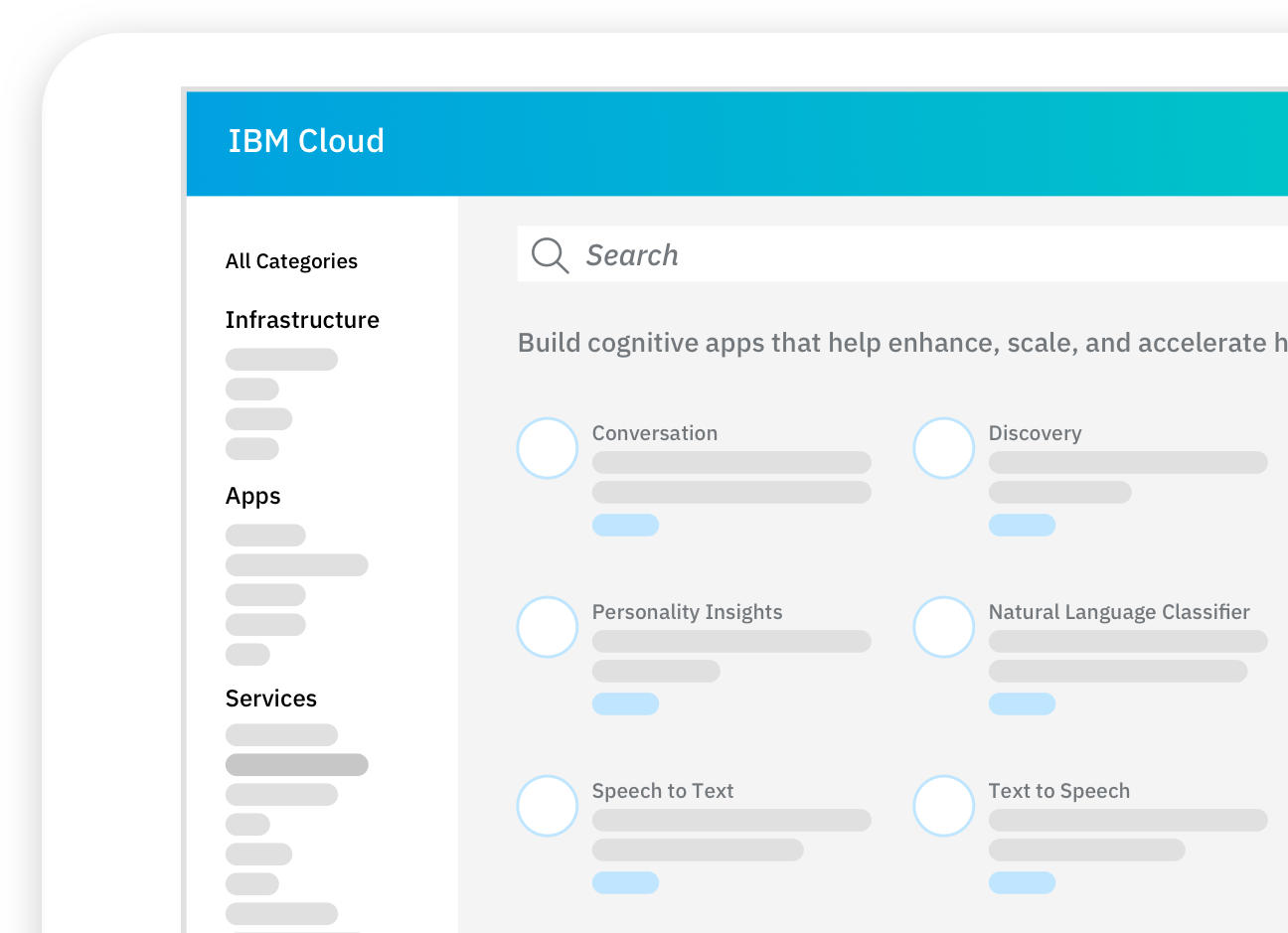
IBM Watson Natural Language Understanding: Complete Buyer's Guide
Transform unstructured customer feedback into actionable business intelligence
IBM Watson Natural Language Understanding is an enterprise-grade AI platform that transforms unstructured customer feedback into actionable business intelligence for e-commerce operations. The platform combines sentiment analysis, emotion detection, entity recognition, and keyword extraction in a single API call, enabling comprehensive text analytics at scale[125][127].
Market Position & Maturity
Market Standing
IBM Watson Natural Language Understanding operates as an established enterprise player in the competitive text analytics market, leveraging IBM's decades of AI research and enterprise software experience[125][127].
Company Maturity
Company maturity indicators demonstrate IBM's substantial operational scale and financial stability. The platform represents part of IBM's strategic watsonx ecosystem, indicating ongoing investment and development commitment[128].
Industry Recognition
Industry recognition includes integration partnerships and enterprise customer adoption across multiple sectors. Documented implementations span food and beverage (Kerry Group), digital marketing (Mushi Lab), and other industries requiring sophisticated text analytics capabilities[125][143].
Strategic Partnerships
Strategic partnerships within IBM's ecosystem provide integration advantages with other enterprise software solutions. Organizations using IBM's broader technology stack can leverage existing relationships and technical expertise, though this may limit flexibility for multi-vendor environments[125][127].
Longevity Assessment
Long-term viability assessment indicates strong prospects based on IBM's established market position, continued investment in AI technologies, and enterprise customer relationships. The platform's integration with IBM's watsonx strategy suggests sustained development and support, providing buyer confidence for long-term implementations[128].
Proof of Capabilities
Customer Evidence
Kerry Group's Trendspotter Platform demonstrates Watson NLU's capability to transform business processes through automated text analysis. The global food and beverage company implemented Watson NLU to process social media content using sentiment analysis and emotion detection, achieving an 85% reduction in product concept development time from 4-6 weeks to 5 days[143].
Quantified Outcomes
Enterprise ROI Validation from Nexright case studies claims 383% return on investment for enterprises deploying Watson NLU, alongside a 50% reduction in time spent on data analysis[137].
Case Study Analysis
Mushi Lab's Content Optimization Success provides evidence of Watson NLU's direct revenue impact through strategic text analysis. The digital marketing agency leveraged Watson NLU to analyze high-performing content patterns, driving 15% month-over-month revenue growth through improved SEO performance and better understanding of audience engagement[125].
AI Technology
IBM Watson Natural Language Understanding employs advanced deep learning models that automate comprehensive text analysis at enterprise scale[125][127].
Architecture
The multimodal analysis architecture represents Watson NLU's primary technical innovation, combining sentiment analysis, emotion detection, entity recognition, and keyword extraction in single API calls[125][127].
Primary Competitors
Primary competitive landscape positions Watson NLU against major cloud providers including Google Cloud Natural Language, Microsoft Azure Text Analytics, and Amazon Comprehend[126][127].
Competitive Advantages
Competitive advantages center on comprehensive multimodal analysis capabilities that combine multiple analytics functions in single API calls, differentiating Watson NLU from point solutions addressing individual text analysis tasks[125][127].
Market Positioning
Market positioning context shows Watson NLU competing in the enterprise segment against major cloud providers while facing competitive pressure from specialized solutions. The platform's integration with IBM's broader ecosystem provides advantages for organizations already using IBM technologies but may limit appeal for multi-vendor environments[126][127].
Win/Loss Scenarios
Win/Loss scenarios favor Watson NLU for enterprises with high-volume text processing requirements, technical resources for implementation, and needs for custom model development[125][143].
Key Features

Pros & Cons
Use Cases
Pricing
Featured In Articles
Comprehensive analysis of Customer Sentiment for Ecommerce for Ecommerce businesses and online retailers. Expert evaluation of features, pricing, and implementation.
How We Researched This Guide
About This Guide: This comprehensive analysis is based on extensive competitive intelligence and real-world implementation data from leading AI vendors. StayModern updates this guide quarterly to reflect market developments and vendor performance changes.
143+ verified sources per analysis including official documentation, customer reviews, analyst reports, and industry publications.
- • Vendor documentation & whitepapers
- • Customer testimonials & case studies
- • Third-party analyst assessments
- • Industry benchmarking reports
Standardized assessment framework across 8 key dimensions for objective comparison.
- • Technology capabilities & architecture
- • Market position & customer evidence
- • Implementation experience & support
- • Pricing value & competitive position
Research is refreshed every 90 days to capture market changes and new vendor capabilities.
- • New product releases & features
- • Market positioning changes
- • Customer feedback integration
- • Competitive landscape shifts
Every claim is source-linked with direct citations to original materials for verification.
- • Clickable citation links
- • Original source attribution
- • Date stamps for currency
- • Quality score validation
Analysis follows systematic research protocols with consistent evaluation frameworks.
- • Standardized assessment criteria
- • Multi-source verification process
- • Consistent evaluation methodology
- • Quality assurance protocols
Buyer-focused analysis with transparent methodology and factual accuracy commitment.
- • Objective comparative analysis
- • Transparent research methodology
- • Factual accuracy commitment
- • Continuous quality improvement
Quality Commitment: If you find any inaccuracies in our analysis on this page, please contact us at research@staymodern.ai. We're committed to maintaining the highest standards of research integrity and will investigate and correct any issues promptly.